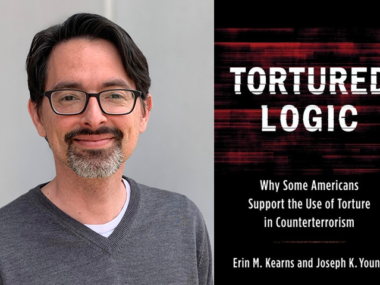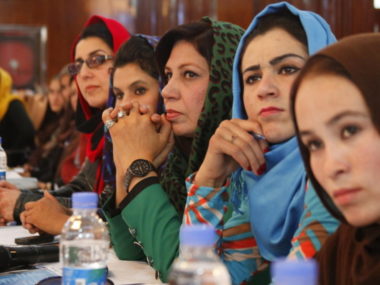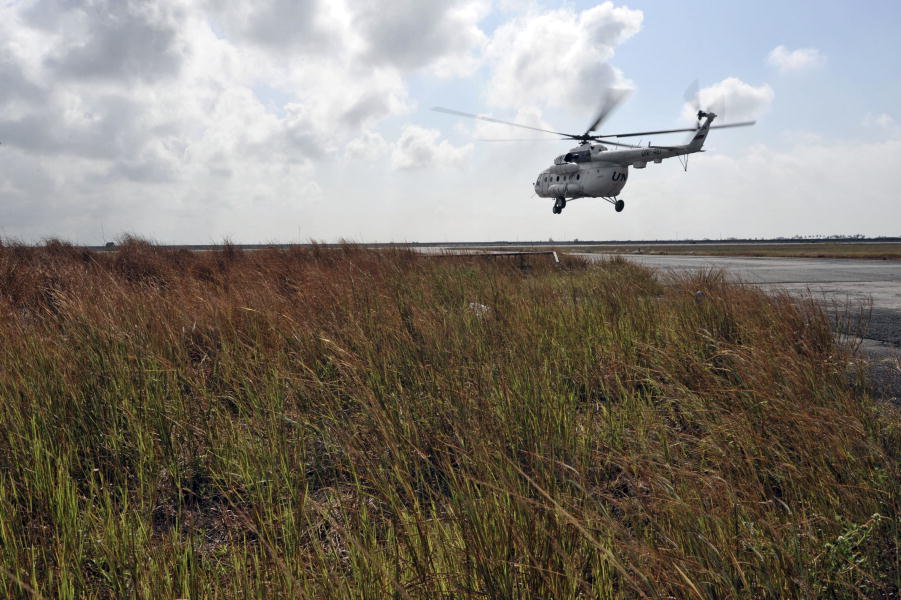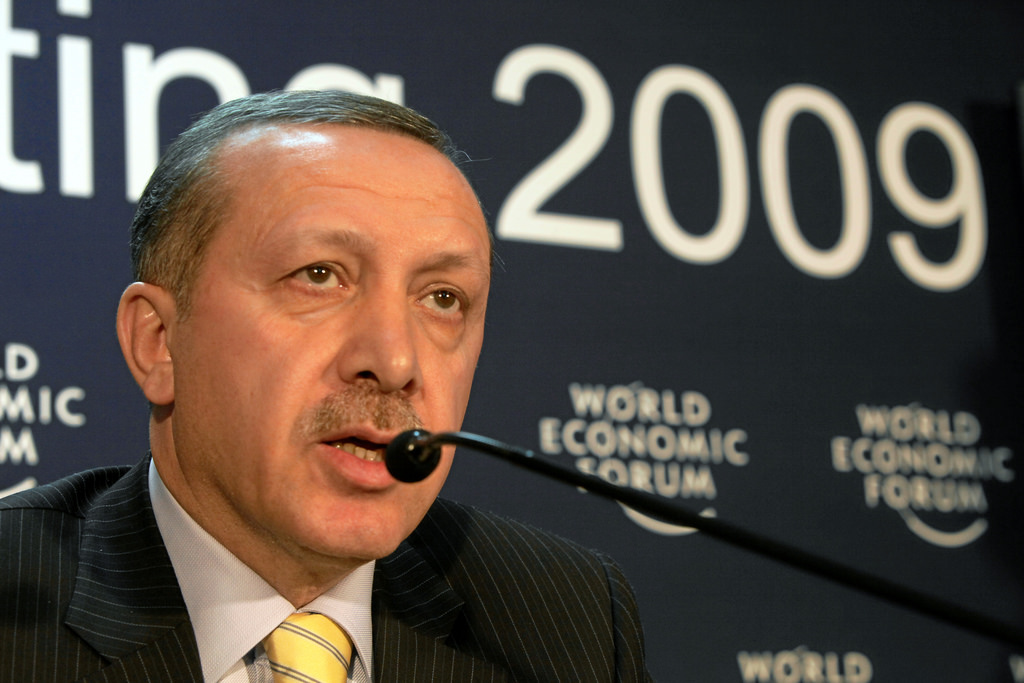Guest post by Vera Mironova, Loubna Mrie, and Sam Whitt

Why do some Syrian rebels join the Free Syrian Army, while others join more radical Islamist groups like Ahrar Al-Sham, al-Nusra Front, or ISIS? What do prospective fighters look for when deciding with whom to fight? We attempt to shed light on the goals and motivations of these fighters based on our survey research in Syria. Since August 2013, have interviewed over 250 people, including active fighters in the Free Syrian Army (FSA), former FSA-fighters, civilians in FSA-controlled territory and refugees in Turkey (Paper “Fight or Flight in Civil War? Evidence from Rebel-Controlled Syria” based on this study could be found here). In May, we completed additional interviews of 50 rebels actively fighting with Islamist groups like Ahrar Al-Sham, al-Nusra Front, and ISIS. We are primarily interested in what makes fighters turn to more radical Islamist groups and away from the Free Syrian Army.
First, we ask both Free Syrian Army rebels and Islamists why did you join? Surprisingly, many reasons given by Islamists for taking up arms are not that different from FSA fighters. Table 1 shows that many Islamists and moderate FSA fighters are willing to risk their lives for similar reasons: to take revenge against Assad forces (79% FSA vs. 79% Islamists), to defeat the Assad regime (69% FSA vs. 90% Islamists), and to defend their communities (71% FSA vs. 84% Islamists).
While Islamists unanimously claim to support the goals of their group (in Table 1), we suspect that they may feel pressure to over-represent their own religiosity and group ties. In a follow-up question, only about two-thirds (71%) of Islamists claimed that they joined to fight for Islam, and to build an Islamic State, and only a quarter (25%) claimed that this was their main reason for fighting. Also, when we ask them, why do you think others joined your group? (Table 2), the overtly religious reason to fight for Islam is not even among the top three responses. The most popular reasons are remarkably similar to those of FSA fighters (#1 to defend their community, #2 because Assad must be defeated, and #3 to take revenge against Assad forces).
We find these similarities initially puzzling. If both Islamists and moderate fighters are taking up arms for comparable reasons (to protect their communities and defeat Assad) what is the marginal difference that makes some fighters join Islamist groups instead of moderate groups like FSA?
Other questions reveal potentially important organizational preferences. When we ask Islamist fighters why did you join this group as opposed to FSA or other groups? (Table 3), many indicated they thought their group had better resources, better training and better support services. For example, they believe if a fighter gets injured, he will not be left behind, and if he gets killed, the group will help his family. In interviews with people who began fighting with FSA and then switched to Islamists, almost all mentioned reasons which were not expressly religious: “My friends left my old group and I left with them,” “I didn’t like people in my old group,” “My friend got injured and they didn’t support him;” “I was with my old group (FSA) until I fought with Ahrar al Sham. I liked their way of treating fighters and I joined.”
To explain differences in religiosity, we suspect that many Islamist fighters, who initially just wanted to defend their communities, are becoming more extreme in their religious views as result of socialization into Islamist groups after joining. While fighters may join up with Islamist groups and brigades for initially non-religious purposes, once inside the group, they are likely to become indoctrinated.
For example, 74% of Islamists said that they became more religious since the beginning of the war (compare to 37 % in FSA) and now, three years after the beginning of the conflict, 96% indicate that religion plays a very important role in their life (compared to 43% among FSA). Also, all the Islamists we interviewed claim that they feel much closer to the people of the same religion (compare to 20% of FSA) and 92% think that religion should be very important in future Syrian politics (compared to 60% among FSA).
Finally, despite many overlapping motivations, Islamists find other rebel groups threatening. 81% think that the goals of their group are not compatible with goals of other groups. 64% agree that other rebel groups are a bigger threat to their group than Assad’s forces, and 58% agree that even if Assad is removed from power, their group will have to fight other rebel groups.
In summary, we believe that simple binary distinctions between secular moderates and Islamists may obscure important structural differences among rebel factions. Syrian rebel fighters join Islamist groups for myriad reasons above and beyond religious ideation. The apparent drive in Islamist group recruitment may be traced as much to effective allocation of resources, planning, organization, than to religiosity itself.
These and other preliminary survey results are available from our website here.
Vera Mironova is a PhD candidate at University of Maryland, Loubna Mrie is a Syrian freelance journalist, and Sam Whitt is assistant professor of political science at High Point University.










10 comments
The ‘simple binary distinction between secular moderates and Islamists’ looks like a Western ruling-class construction to me, between those who would serve the West and Capital, and those who have other motives and connections and are thus less reliable. There might be other ways of categorizing the various groups fighting in Syria. However where their money and other resources come from, reflected in the moderate-Islamist division, is, no doubt, pretty important.
What did you expect? The rebel fighters tend to come from conservative suburbs and the conservative northern countryside. So while some may stress the religion and others politics or friendships it all comes down to war against the outside world with its different values (and its occasional hostility towards their values).
The tendency to become more Islamist can also be explained from that perspective. Entering the world outside their own they will have become more aware of their values. The Saudi-sponsored anti-Alawite propaganda won’t have helped either.
I find it interesting in table 1 the difference between the Islamist and the Free Syrian Army having such a disparity with supporting the goals of the group. I think this is explained by the indoctrination of children at a young age into Islam. I think this makes them more acceptive of extreme behavior because of their solidarity in their goals. Also The Free Syrian Army is just to remove one ruler as opposed to being an entire movement. I think that’s a factor that should be considered. But I think people join Islamic armies and other ones because of the promise of better living conditions or faith.